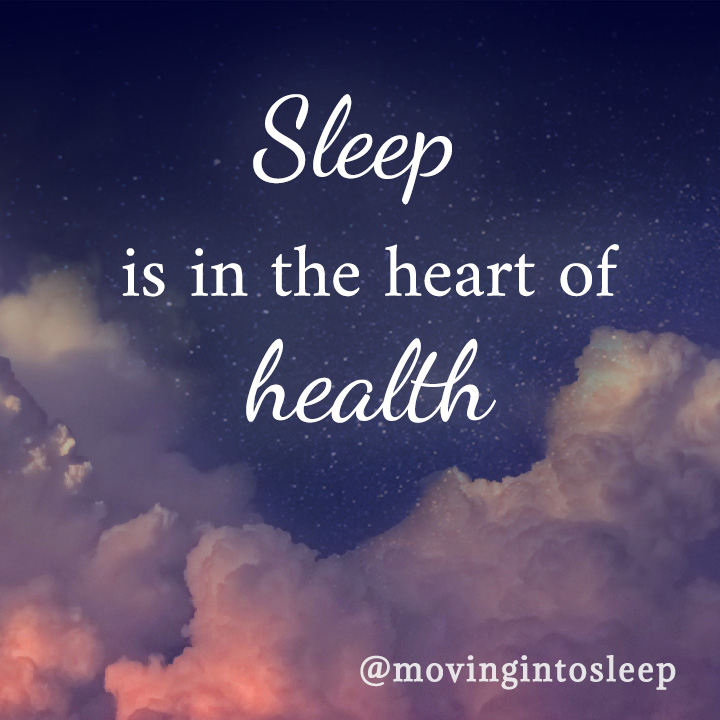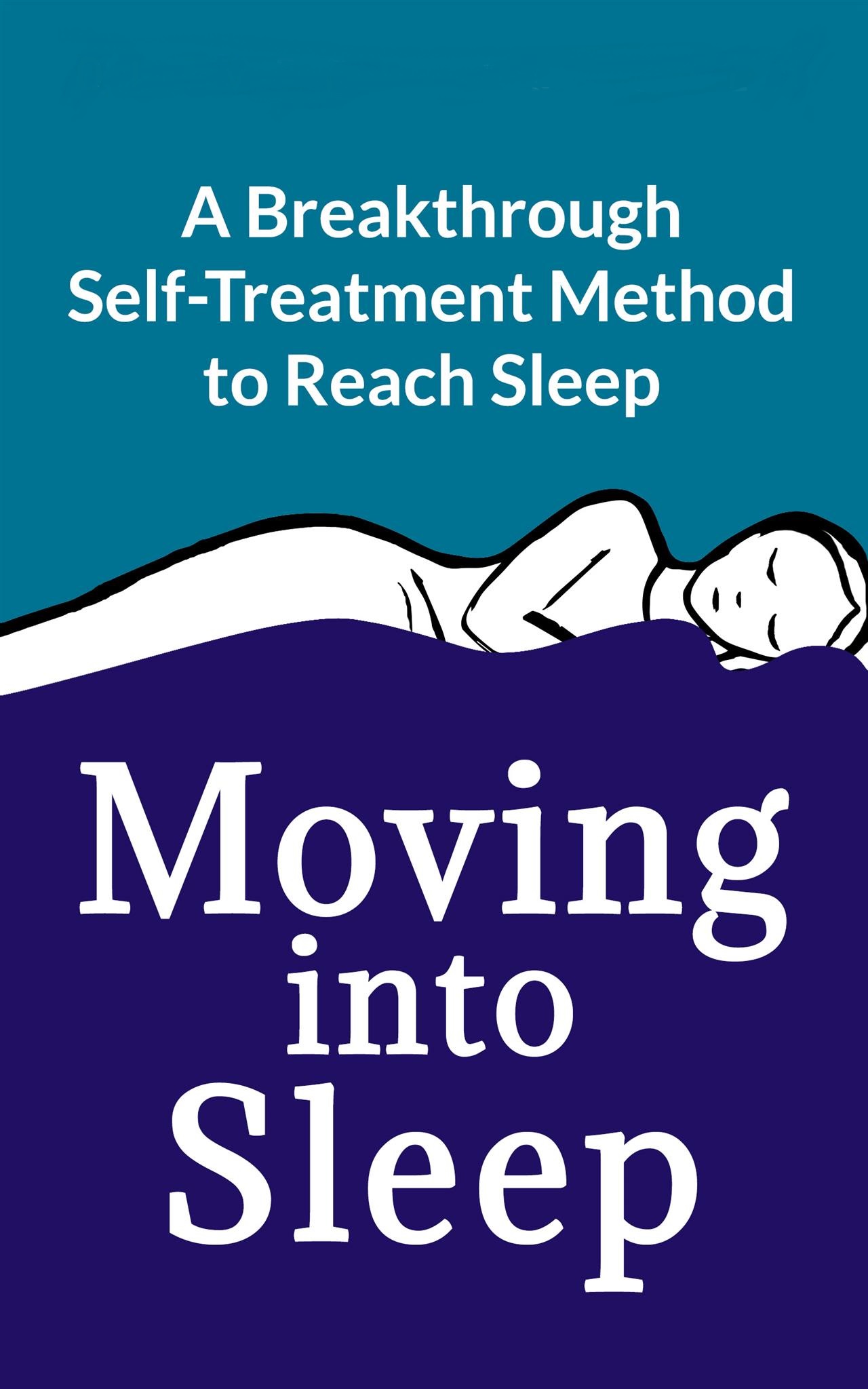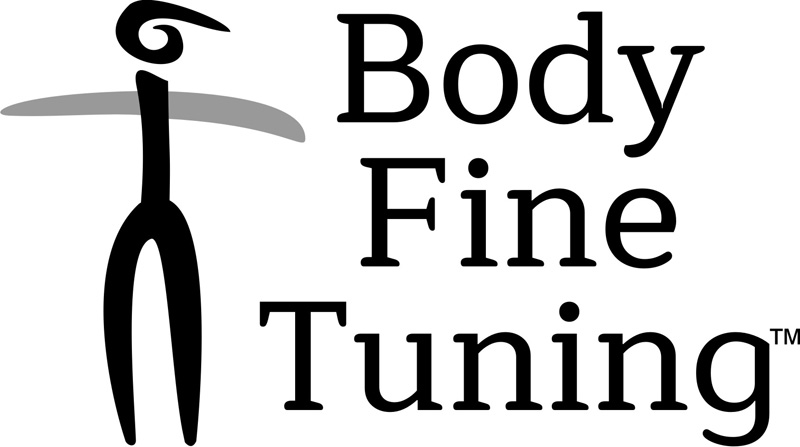Science of Sleep
Sleep Quality & Heart Health

When you get less than 7 hours of sleep, how does this affect your heart health?
What if your sleep is fragmented, how does this challenge heart health?
The above questions are from a study published in February 2022, in which the aim was to better understand the importance of sleep as a tool to prevent developing heart diseases. In this study, the researchers wanted to examine how combinations of sleep issues affect the risk of heart disease in middle-aged adults. Knowing that heart diseases are the leading cause of death in many countries, this study is important in many ways.
When You Lack Sleep, Your Heart is at Risk!
It is not news that lack of sleep and poor sleep quality are both major factors that make your risk of experiencing heart issues much higher. However, most studies have limited themselves by only using single sleep measures, for example, sleep-duration vs heart-health or sleep-quality vs heart health.
The numbers speak for themselves. While earlier study found that poor sleep health creates a 10% higher risk of heart disease in middle-age, this study found that the risk could be 54% higher with combined sleep quality measures, based on self-reported data.

For more info, check out this research paper from 2022 (nature.com):
"Sleep health composites are associated with the risk of heart disease"
How Can We Use This Knowledge in Daily Life?
The best is to follow a 3-step-method. Track your sleep, learn how sleep affects health, and find ways to optimize your sleep habits. This study focused on improving the way health professionals can predict heart disease based on multiple sleep problems, but as individuals we can act as well.
#1 Learn How to track your sleep
Simply start making notes about your sleep quality. Ask yourself questions like:
- How many hours do you sleep?
- What time do you go to bed?
- How easy it is to fall asleep?
- Is your sleep fragmented sleep?
- Do you snore? (if so, consult for sleep apnea)
- Do you use electronic devices in bed
Also make notes about your day:
- How alert do you feel?
- Can you memorize things normally?
- How is your mood?
- Are you productive?
- Do you have a good immune function?
To help you in tracking all above, you might like to use a sleep tracker Journal, which you can get here for free: Track Your Sleep Habits
#2 Learn How Lack of Sleep Puts Your Health at Risk
The science of sleep is very clear and sure about the many positive effects of healthy sleep. The power of sleep is amazing and should always be a permanent part of your daily self-care.
Related: Sleep as Self-care
#3 Optimize Your Sleep Habits
Like this study highlights, sleep health can always be improved. And the best news is that you can start right away.
There is no need to wait for more research. Self-care starts always from the individual level with a few practical steps. Eat healthily, enjoy being physically active and most importantly, before going to bed, allow yourself to calm down.
Related: How to End Insomnia?
How to improve sleep quality?

As a self-treatment, the Moving into Sleep Method is based on educational neuroscience that explains and shows how subtle movements can create calmness in your nervous system.
By doing sleep-inducing movements you can learn to fall asleep at any time you need and get quality sleep even when conditions are challenging, when your natural sleep response is not strong enough.
Thanks for reading,
Oliver
“Better sleep is just a gentle movement away”
Keywords: Educational neuroscience, Insomnia treatment, Psychophysiological insomnia, Primary insomnia, Learned Insomnia,
Links:
Sleep health composites are associated with the risk of heart disease across sex and race
